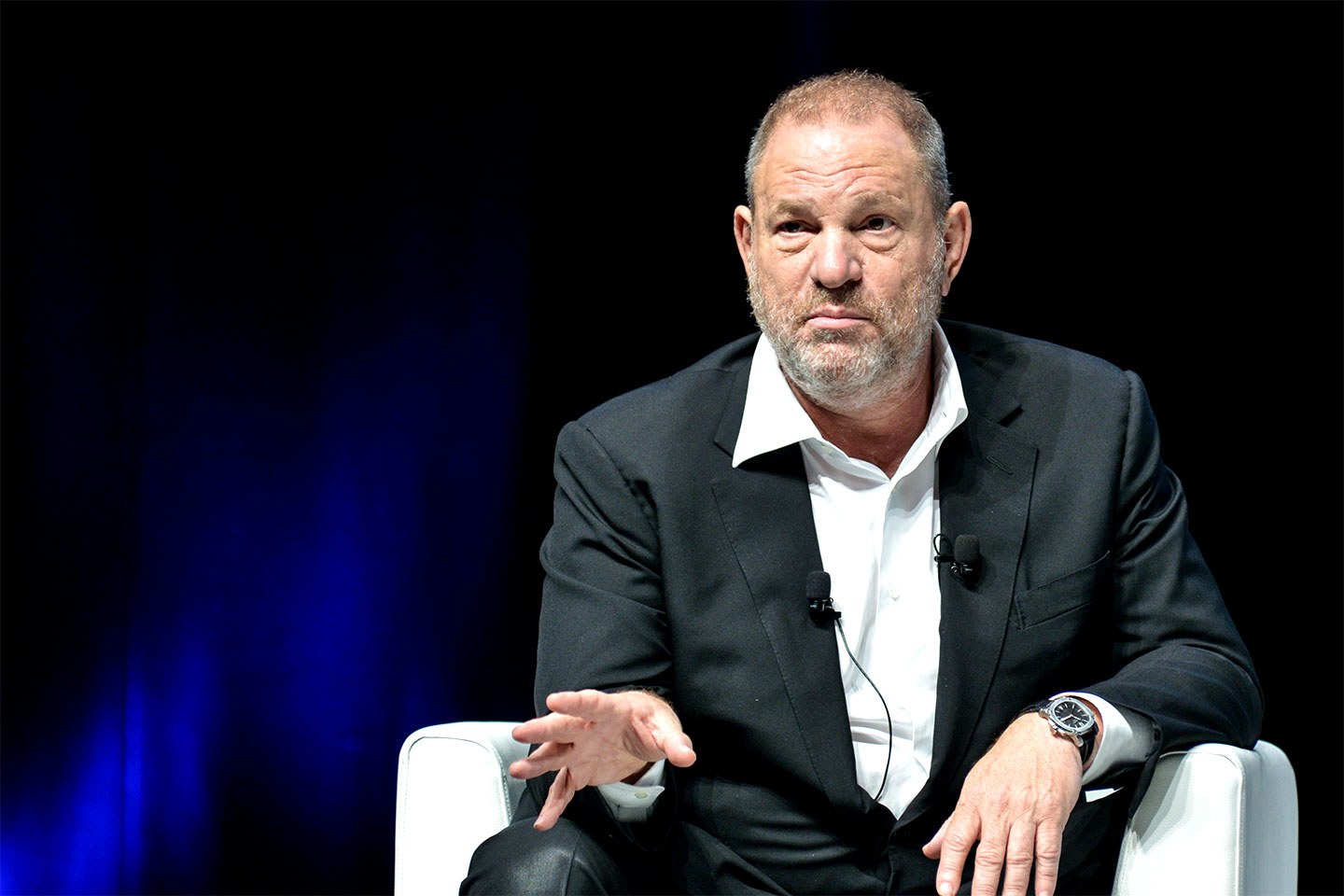It seems as if every day a new sexual misconduct allegation surfaces. For example, music mogul Russell Simmons, former news anchor Matt Lauer, Alabama judge and senatorial candidate Roy Moore, Hollywood producer Harvey Weinstein, NPR editor David Sweeney, President George H.W. Bush, actor Kevin Spacey, head of Pixar and Walt Disney Animation John Lasseter and comedian Louis C.K. constitute a small sample of the numerous people accused of some form of sexual misconduct within the past two months; the list goes on. Sexual misconduct, for clarification, can range from harassment to assault to abuse. There are many forms and levels of severity in terms of sexual misconduct, but each allegation presents a reason to pay attention.
While many accusations are unconfirmed, or vehemently denied in some cases, the sheer number presents the real issue: there is an engrained culture of sexual misconduct against women in the United States, and the manifold allegations that have floated to the surface of the media’s attention are essential to changing this atrocious structural plight.
Some might question whether the accusation-a-day that seems to saturate media stories of late presents a triumph for women when they are almost always—though not exclusively—the victims of sexual misconduct perpetrated by men. Some might argue such persistent allegations illustrate an inherent weakness of women, especially because many alleged occurrences happened years, even decades ago. Some might criticize women for not stepping forward earlier, and call this a sign of weakness. The victims of sexual misconduct who have stepped forward, however, demonstrate an empowerment the United States has never seen in such great capacity, and they must be recognized for the strength they show in coming forth as targets of such blatant attempts to assert power.
It should be noted a vast number of the high profile of men accused of sexual misconduct are in positions of power in one way or another. Producer, media mogul, director and politician are all careers which involve a high rank; therefore, these hierarchical positions establish subordinates which, it seems, men in power feel they have the right to degrade. What’s worse is these acts of inappropriate power-based sexual advances are in no way isolated within Hollywood, media and Washington, D.C. Behavior of this sort receives public media attention when perpetrated in public industries (as it should). But it is crucial to remember sexual misconduct, in the workplace or otherwise, is always a problem. It is never acceptable for a manager, boss or superior to force himself on an employee, whether the media covers his behavior or not. In turn, the people who have stepped forward and accused so many men in the public eye of sexual misconduct are effectively leading the way to eradicate sexual transgressions by empowering other victims to do the same.
Women are demonstrating why coming forward as a subject of such vile behavior is necessary to halting the underlying power structures that exist. When one woman steps forward, other victims feel supported enough in their convictions to back her up. In a way, this portrays another rooted issue of not believing the accuser: women are skeptical of accusing a man of sexual harm because they fear no one will believe them. Another issue arises when she feels, somehow, that it was her fault. Recent events have begun to reverse this trend in victim blaming and shaming, though there is so much more to be done to completely abolish this way of thinking. It should be known by now that women do not accuse men of sexual assault just for kicks, despite many adherents of this view.
While the sheer number of women challenging the norm of silence that society has taught them to adopt proves encouraging for the victims of sexual misconduct across the nation, the circumstance of the victim matters greatly. A Hollywood actress accusing a well-known film executive of rape and then getting the backing from dozens of other actresses with similar experiences will almost always have more perceived credibility than a mid-level employee at a run-of-the-mill workplace claiming her boss sexually harassed her. Whether or not this woman has other people to back her story, her job is at risk. If no one believes her, she could be sued for defamation and lose her means of paying rent. Though an extreme circumstance, this is closer to the realities of most women across the country who have experienced any form of sexual harassment, abuse or assault. Most women simply do not have a way to publicize their cases. Nevertheless, the public allegations that have surfaced recently can help to change this rooted practice of dismissing the victim.
The recent influx of formidable men into the sexual predators’ club carries with it newfound cognizance of the deeply entrenched issues surrounding gender power structures that riddle the American workplace. Industries of all kinds are represented by the list of men accused of sexual misconduct; evidently, the problem is not specific to any one trade or business setting. The problem is also not at all specific to the United States. Women everywhere face problems with sexual harassment, assault and abuse. The only good that might come from the injustices experienced by countless women (and, of course, men as well) is the awareness which has spread since allegations against Weinstein initiated the wave of subsequent charges against other men. Ironically, women have shown there is power in numbers. The more women who speak out against their abusers, the more people they will inspire to stand against such an atrocity that afflicts women everywhere.

















